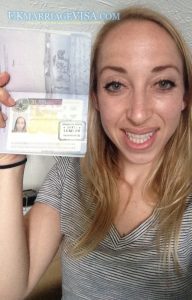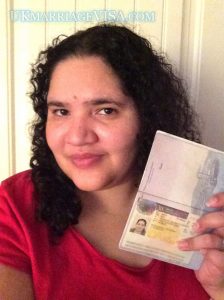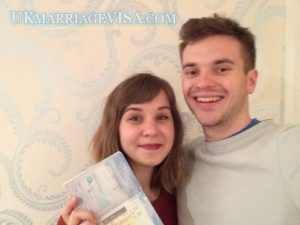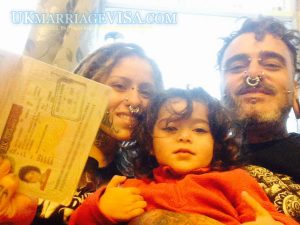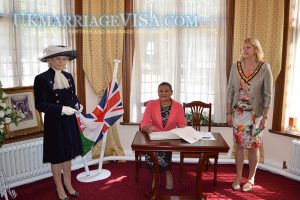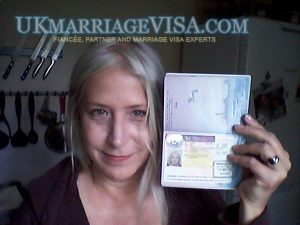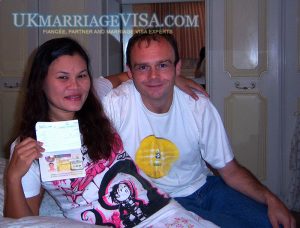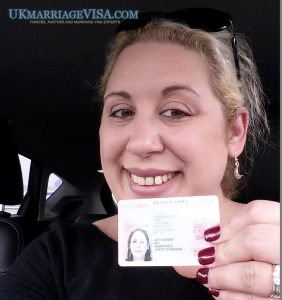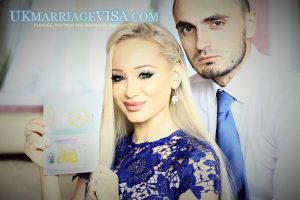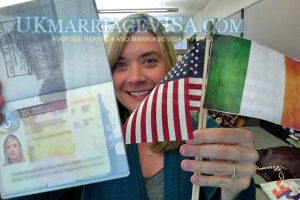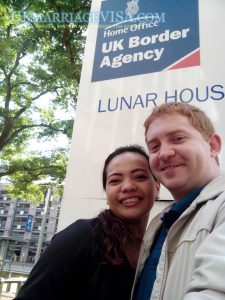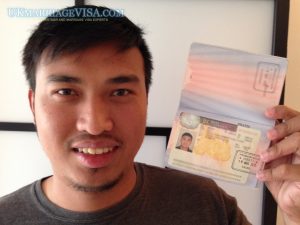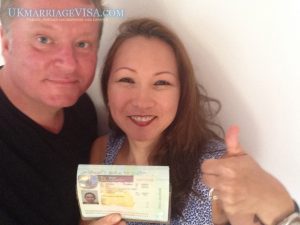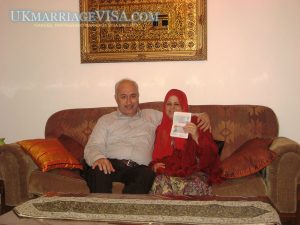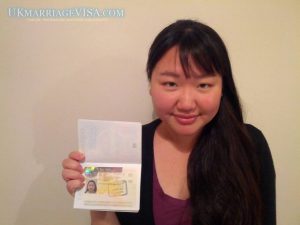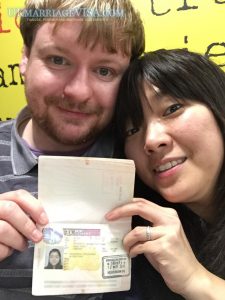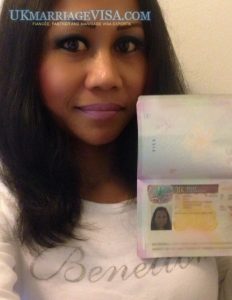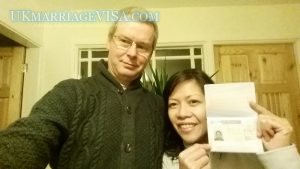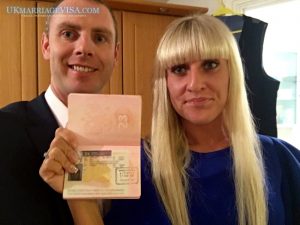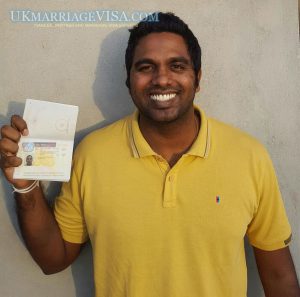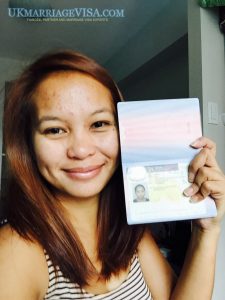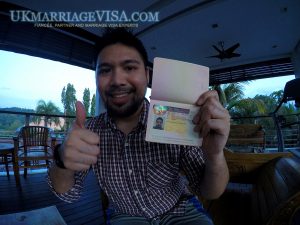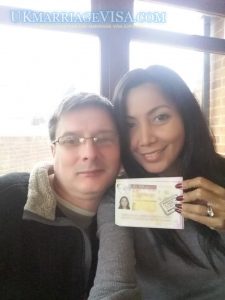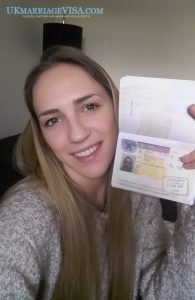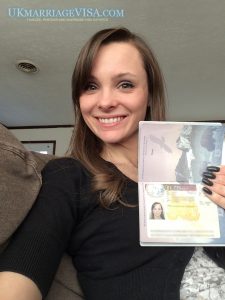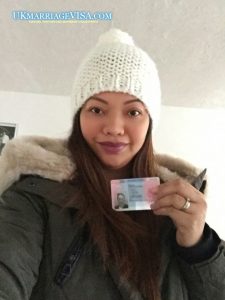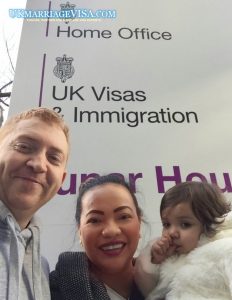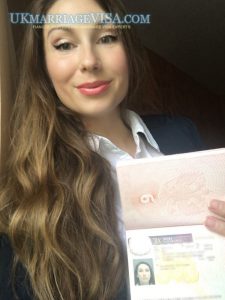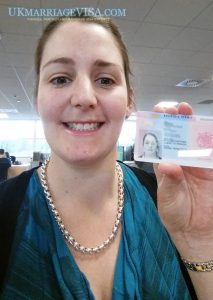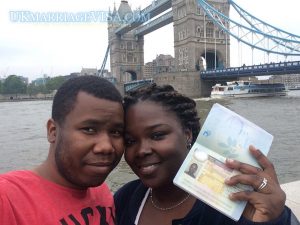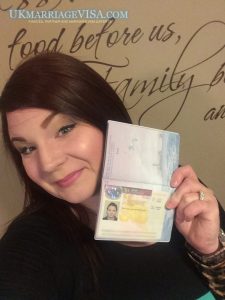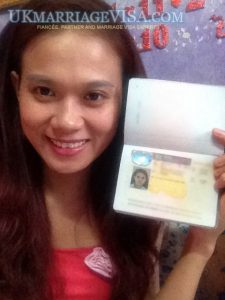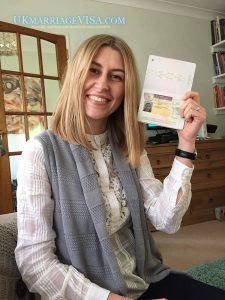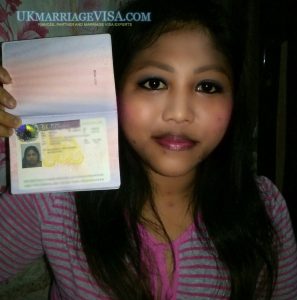UK immigration: EEA family permit application requirements
The EEA family permit scheme is designed to make movement around the member states easier for non-EEA family members. Eligible EEA nationals living in the UK on a permanent basis may sponsor their foreign partner or spouse for an EEA family permit to live and work in the UK. This includes EEA nationals wishing to relocate to the UK with their foreign family member in the near future. According to EEA Regulations, there is an initial right of residence for three months, which means that an EEA national sponsor does not need to be exercising their treaty rights if they are based outside the UK at the time of application.
Although processed by the UK Border Agency (UKBA), EEA family permits are issued under the Immigration (European Economic Area) Regulations 2006 and not UK Immigration Rules. The initial permit is valid for six months and gives the foreign partner or spouse the right to work in the UK. EEA family permit applications are processed free of charge, and unlike UK settlement visas, can be submitted at any British Consulate, Embassy or High Commission regardless of the applicant’s immigration status in the country of application.
Immigrating to the UK as a spouse or unmarried partner of an eligible EEA national is essentially a two-step process. The first part usually takes place outside the UK where a foreign family member applies for a permit or entry clearance to classify as an eligible immigrant. Once in the UK, the EEA family permit holder can apply for a 5-year residence card to confirm their right of residence under EC law provided all other criteria are met. The UK Border Agency will check on documentation relevant to proving the validity of partnerships or family ties to confirm whether the relationship is genuine and subsisting.
For direct family members, the following requirements must be met:
- The sponsor must be an EEA or Swiss national. The European Economic Area (EEA) consists of the following countries: Austria, Belgium, Bulgaria, Cyprus, the Czech Republic, Denmark, Estonia, Finland, France, Germany, Greece, Hungary, Iceland, Ireland, Italy, Latvia, Liechtenstein, Lithuania, Luxembourg, Malta, the Netherlands, Norway, Poland, Portugal, Romania, Slovakia, Slovenia, Spain, Sweden and the UK. Although Liechtenstein, Norway and Iceland are not members of the European Union (EU), their citizens have the same rights as EU citizens to enter, live and work in the UK, and can therefore also sponsor their non-EEA family members for an EEA family permit for entry into the UK.
- The applicant must be an immediate family member of the sponsoring EEA national (i.e. husband, wife, civil partner or de facto partner). De facto partners must demonstrate to the satisfaction of the examining UK Border Agency officials that they are in a durable relationship with each other. In most cases the UKBA examiners apply the same criteria as they use when assessing unmarried partner visa applications under the UK Immigration Rules that require de facto couples to provide evidence that they have been living together in a relationship akin to marriage or civil partnership for at least two years immediately preceding the date of filing the application. If applying as a spouse or civil partner, there must be no grounds to suspect that the marriage or civil partnership is one of convenience.
- To be considered a ‘qualified’ sponsor, the EEA national must be exercising treaty rights in the UK in a particular category in accordance with the EEA regulations, i.e. as a worker, self-employed person, financially self-sufficient, student or a job seeker at the time of application, or intending to travel to the UK with their non-EEA family member within six months of the date of application.
- The EEA family permit may be refused if the applicant is inadmissible on the grounds of public policy, public security or public health. This includes applicants with a prior criminal record and individuals with a known history of active tuberculosis (in certain countries, such as the Philippines, Kenya, Uganda, Ghana, Thailand, India, Pakistan and some others, applicants are required to undergo a mandatory medical examination as part of the application process).
The EEA family permit holder may lose the right to reside in the UK if their EEA national sponsor ceases to exercise treaty rights in the UK, or if the marriage or civil partnership has been terminated by divorce, dissolution of marriage or partnership, annulment or other judicial determination.
EEA family permit for family members of British citizens: ‘Surinder Singh’ cases
Although the UK is part of the European Economic Area (EEA), in most cases British citizens cannot sponsor their de facto partner or spouse for an EEA family permit to live in the UK. However, there are certain limited situations where British citizens and their foreign family members can benefit from the EEA family permit scheme. The Surinder Singh case is one which is on the statutes as laying down the basics of a situation in which an EEA family permit may be granted. This judgment is now incorporated into the EEA Regulations as Regulation 9, and family members who meet the specific eligibility requirements may enter the UK with equal rights to any EEA national’s family members.
According to the ‘Surinder Singh’ provision, British citizens living in another EEA member state with their foreign partner or spouse, and exercising a treaty right in that country as a worker or self-employed person for at least six months, will be allowed to use the EEA family permit scheme to bring their immediate family members to the UK on their return. As EEA family permits are issued under European Regulations and not UK Immigration Rules, this may be a viable alternative for British citizens who are unable to meet the new financial requirements to bring their foreign family members to the UK on a settlement visa. There are a number of supporting documents that must be submitted to qualify for an EEA family permit. There must be adequate evidence that the sponsoring British citizen has been a genuine worker or self-employed person whilst living in another EEA member state with their non-EEA partner or spouse.
We encourage you to complete our online form on the right hand side to find out if you and your loved one meet the requirements to apply for an EEA family permit to reunite in the UK. One of our experienced UK visa consultants will contact you within 24 hours of receipt of your enquiry. Please provide us with your name and phone number so we can call you to discuss your case. There is no charge for your initial consultation.
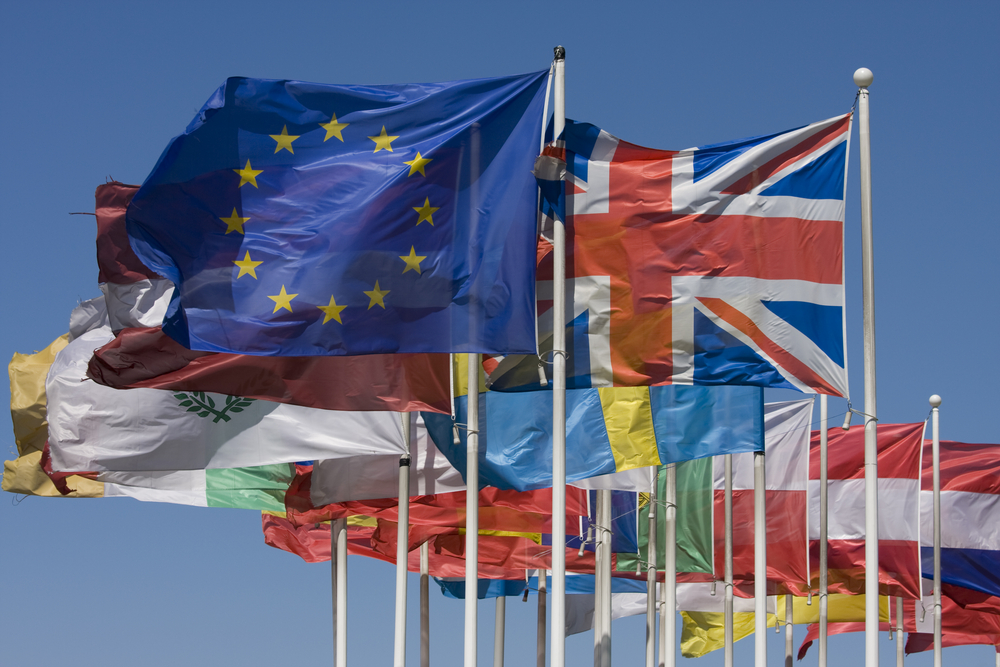
Kemp House
152-160 City Road
London EC1V 2NX

